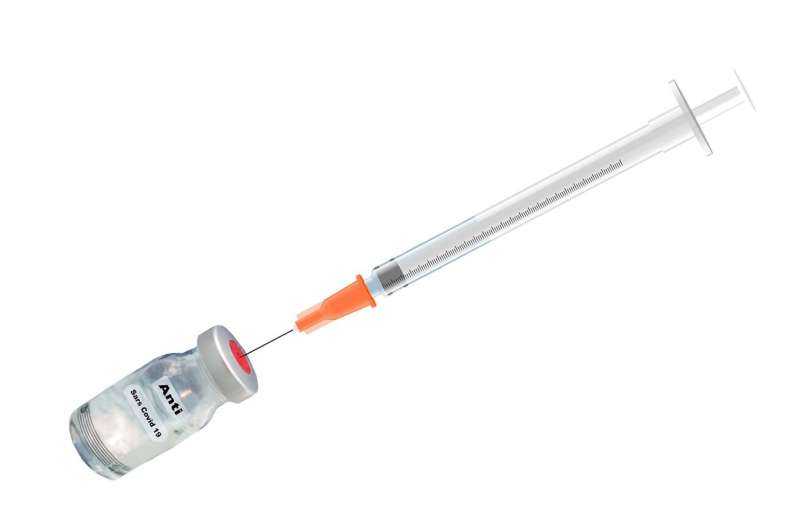
A real-world retrospective cohort study involving nearly 1.2 million people shows COVID-19 infections in the ‘fully’ vaccinated are rare but are more common and severe in people with weaker immune systems.
The findings, published today in the Journal of Medical Economics, are led by researchers from Pfizer, which has co-developed [with BioNTech] one of three currently available COVID-19 vaccines in the United States.
Analyzing healthcare records, the study team found within their pool of fully vaccinated people only 0.08% experienced a breakthrough infection between December 10, 2020 and July 8, 2021. However, although immunocompromised individuals represented just 18% of those studied, they accounted for over 38% of infections; nearly 60% of all hospitalizations; and 100% of deaths.
The proportion of people with breakthrough infections was three times higher among immunocompromised individuals (0.18%) than among the reference group of non-immunocompromised individuals (0.06%).”The results supplement other real-world studies, and support the introduction of a third dose of a COVID-19 vaccine to increase protection among the immunocompromised individuals”—states Manuela Di Fusco, lead author from the Pfizer Health Economics and Outcomes Research team.
“Several countries are currently experiencing a resurgence of SARS-CoV-2 infections despite the rollout of mass vaccination programmes. While COVID-19 mRNA vaccines help protect people from getting infected and severely ill, the risk of breakthrough infections in fully vaccinated people is not completely eliminated.”
Identifying individuals in the US population who had received two doses of the Pfizer/BioNTech (BNT162b2) COVID-19 mRNA vaccine, the Pfizer study looked to examine breakthrough infections among those with and without a weakened immune system.
From a large collection of US healthcare administrative data, the team analysed healthcare records of 1,277,747 people aged 16 or over who had received two doses of the BNT162b2 COVID-19 mRNA vaccine between December 10, 2020 and July 8, 2021.
Of this group, 225,796 (17.7%) were identified as immunocompromised—including people with advanced HIV/AIDS, cancer, kidney disease, rheumatologic or other inflammatory conditions, other immune conditions, and bone marrow or organ transplant recipients.
The study results showed:
- A total of 978 (0.08%) breakthrough infections occurred among 1,176,907 fully vaccinated individuals who had at least two weeks of follow-up after the second dose.
- 124 (12.7%) of these breakthrough infections required hospital treatment. Of them, 74 (59.7%) were immunocompromised, and two people died (both immunocompromised).
- 2% of all breakthrough infections (374 out of 978) occurred in those who were immunocompromised
“While the study leveraged a large dataset that has been previously used for healthcare research in the US, the findings should be interpreted in the context of multiple limitations, including coding accuracy and data representativeness beyond the study period” says Di Fusco.
On 12 August 2021, the US FDA authorized an additional dose of an approved COVID-19 mRNA vaccine in certain immunocompromised individuals and the Centers for Disease Control and Prevention (CDC) recommended that moderately to severely immunocompromised people should receive an additional dose of the COVID-19 vaccine. On 1 September 2021, the UK’s Joint Committee on Vaccination and Immunization (JCVI) advised that people over 12 with severely weakened immune systems should have a third dose of mRNA vaccine as part of their primary vaccination schedule. On 11 October 2021, the World Health Organization (WHO) recommended that people with weakened immune systems should receive an additional dose of a COVID-19 vaccine, due to their higher risk of breakthrough infections after standard vaccination.
Source: Read Full Article